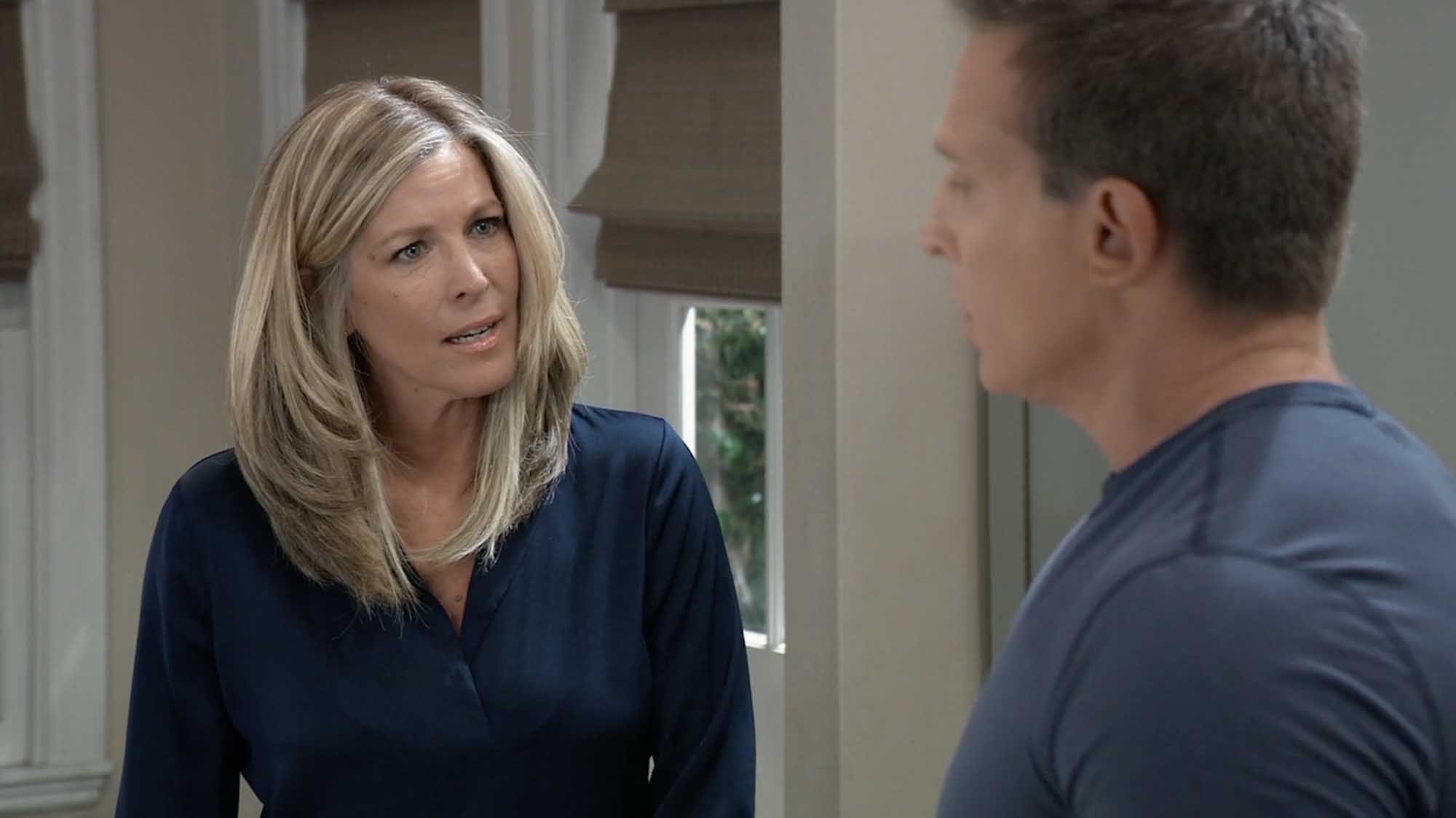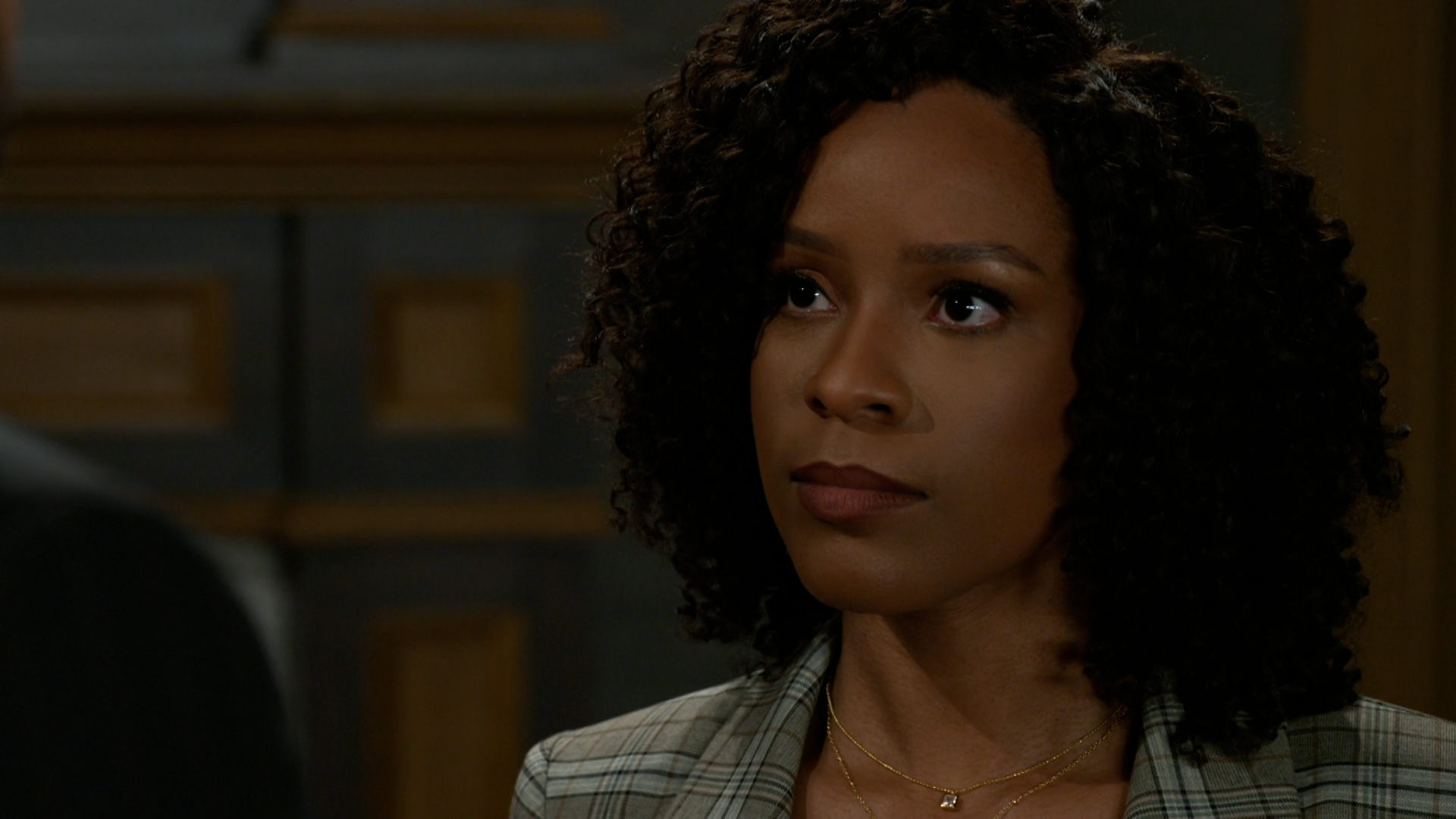I watched all of Netflix's new alien shows — here's why I'll only be continuing one of them
Abductions, investigations and apocalypses
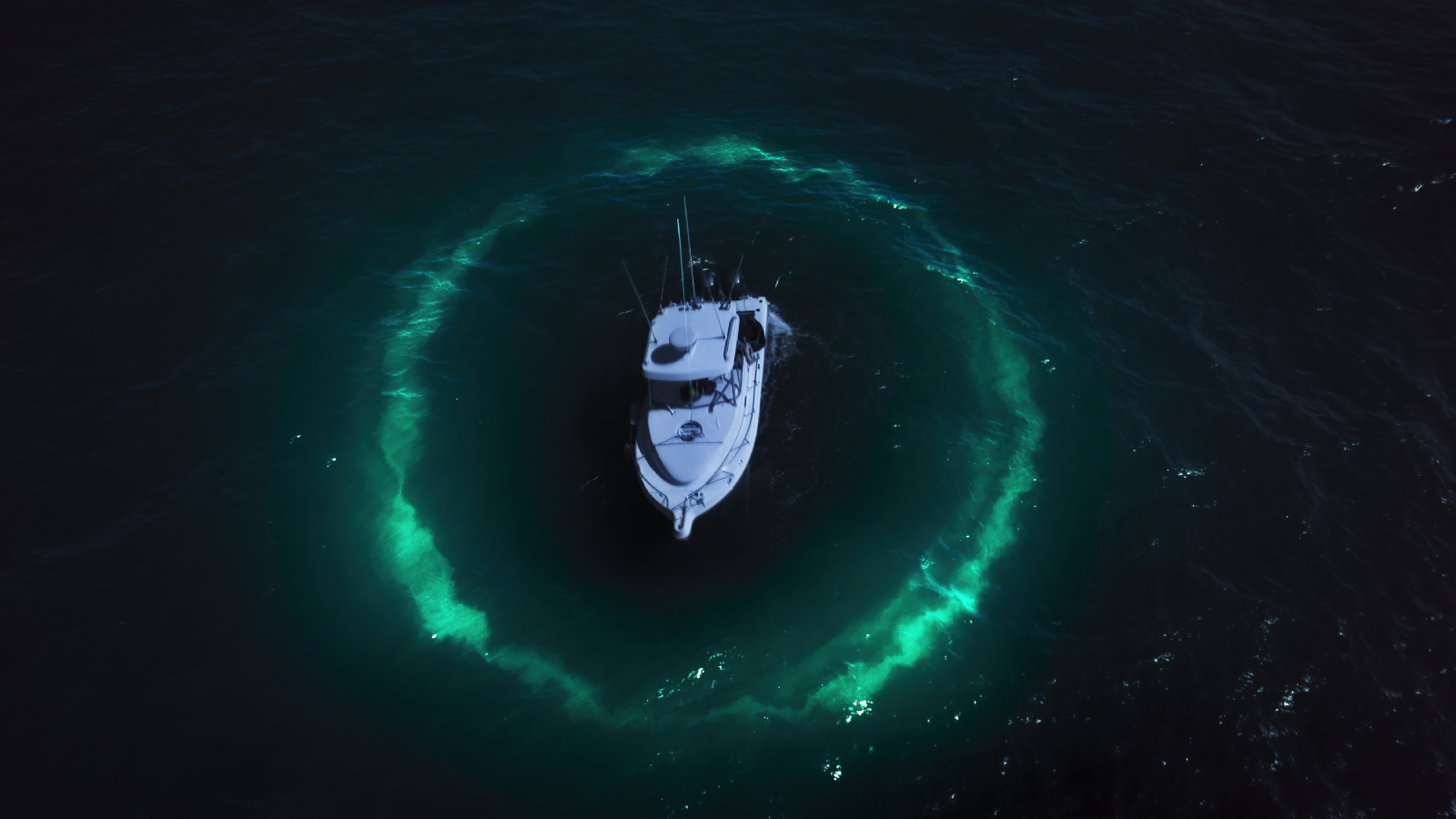
Like most other streaming services, Netflix is no stranger to releasing sensationalist docuseries about alien abductions, UFO encounters and flying saucers. Originals like Project UFO, Encounters, Files of the Unexplained and Unsolved Mysteries fill up the streamer's library, as do many equivalents that it licenses from other studios.
Recently three new paranormal shows graced Netflix in quick succession, all ostensibly revealing little-known information about inexplicable events that have been covered up by "mainstream media": Investigation Alien, The Manhattan Alien Abduction and Ancient Apocalypse season 2 (the latter of which being not technically an alien show, but one about a lost human civilization, hence me using the one-size-fits-all word "paranormal").
These shows have all been either decried or ignored by real experts, but in order to try to understand why Netflix (and basically all other media companies) churn out these documentaries, I decided to watch one episode of each of them to see what's going on. And, surprisingly, there's one that I'll probably continue to watch.
Given how contentious aliens, the paranormal, lost civilizations and UFOs are, I should probably clarify my stance on unexplained phenomena, so you know where I'm coming from. I don't believe UFOs or aliens are visiting us, but I think the general realm of "the unexplained" is interesting from a scientific perspective — I've even read books on the subject from writers across the skepticism spectrum, from Carl Sagan to Ivan T. Sanderson.
Most ufology streaming documentaries opt for sensationalism and conspiracy hand-wringing over education and nuance, and so I can't recall a single one of these shows that I've ever enjoyed watching, but I'm always ready for such a documentary that explores new ideas and presents them in an even-handed way.
Ancient Apocalypse season 2

I'm going to start in the same place as the alphabet, mainly because I've already written about Ancient Apocalypse season 2. Like its first season, the series is led by British writer Graham Hancock as he travels around looking for evidence to his belief that an ancient civilization predated our own and was destroyed in a massive cataclysm.
Hancock seems to love winding up professional scientists, taking every opportunity to make digs at some scary boogeyman which he suggests is covering up evidence of this lost civilization.
Get the What to Watch Newsletter
The latest updates, reviews and unmissable series to watch and more!
Bear in mind that the prefix "pseudo-" is used 22 times on his Wikipedia page, mostly describing his beliefs as pseudoscience or pseudoarchaeology — this guy really doesn't get on with scientists. Publications like Skeptic, Sapien and Phys.org all debunked Hancock's claims to various degrees after the first season aired in 2022.
I've no doubt that the scientific method has its flaws but it's hard to take Hancock seriously as a bastion of truth given some of the claims he makes. In the first episode alone he claims "I don't know of any group that would willingly exterminate its food supply" as evidence that humans didn't kill off large creatures thousands of years ago (because an ancient apocalypse did, of course), something which can be debunked by a quick Google search.
Hancock also finds evidence in the fact that Amazonian tribes created constructs in geometric shapes, despite not having any way to become airborne to see said shapes. This would be a valid point if it wasn't for all the other cases of geoglyphs and shaped buildings that humans have been creating for thousands of years. I'm not an archaeologist; if even I can find flaws with Ancient Apocalypse's arguments, then I expect actual scientists can rip it to shreds.
I previously wrote with ire about how beloved actor Keanu Reeves was set to star in this second season, but having watched his appearance, I didn't need to worry. During the several-minute-long interview, Reeves looks desperately uncomfortable to be there, merely giving spectacularly diplomatic responses to Hancock's claims: "well that's an exciting... idea?", "...I think you're on a quest, Graham".
Whether or not you're a fan of outlandish theories and lost civilizations (of which there are genuine ones that have been proven to exist, we just don't know much about them), Ancient Apocalypse is painful watching. Every argument the docuseries raises to make a point is head-scratchingly tangential or doesn't stand up to even a few seconds of thought, and I wanted to switch off several times.
The Manhattan Alien Abduction
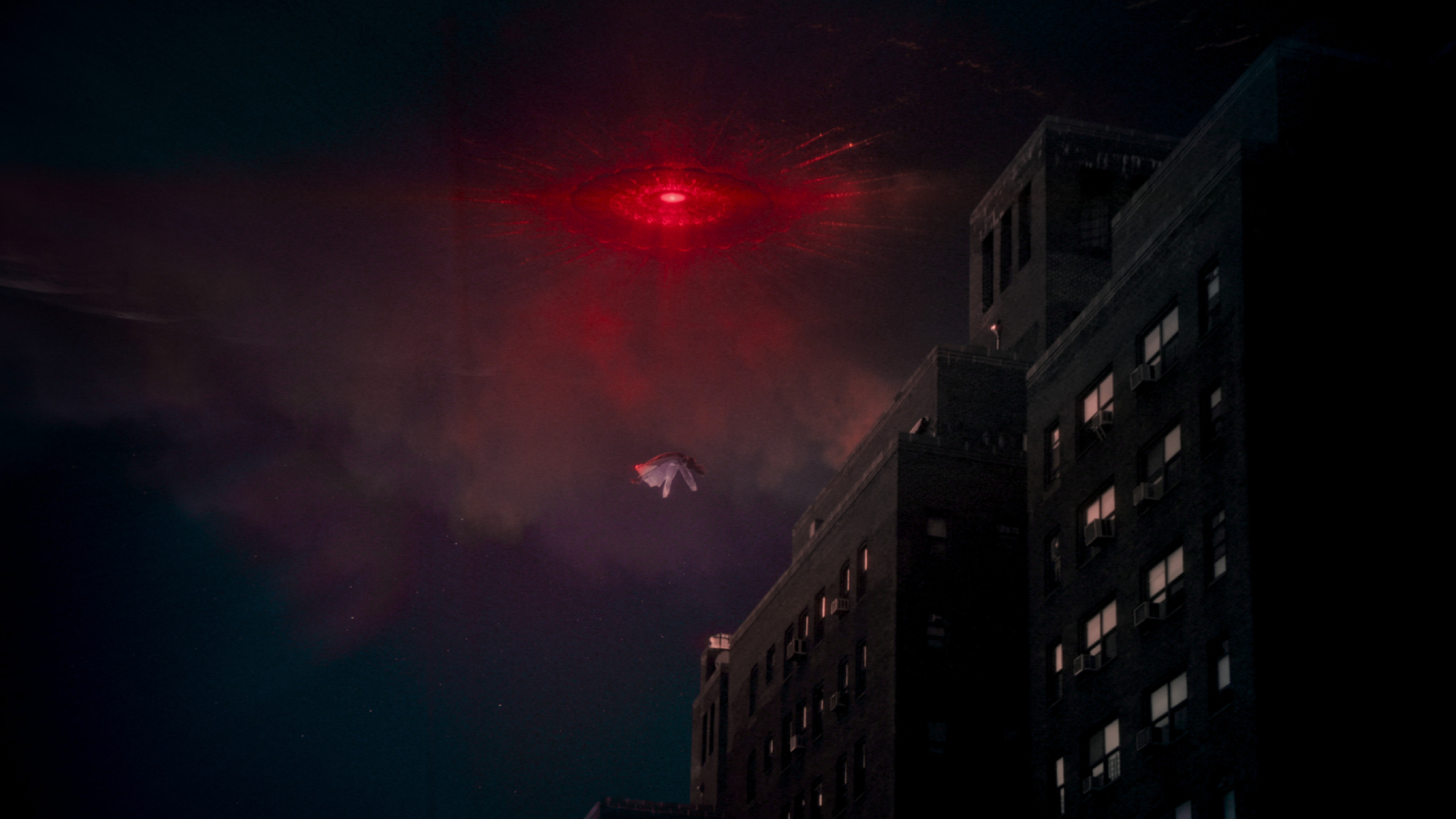
I first heard about Linda Napolitano's story through comedy podcast This Paranormal Life which, I'll readily admit, isn't the best entry into an event if you're expected to take it seriously. But, as it turns out, my past awareness of her alleged abduction isn't the reason that The Manhattan Alien Abduction doesn't work.
Linda Napolitano is a woman who claims to have been abducted by aliens from her apartment in Manhattan in 1989. The twist in the tale is that some bystanders apparently saw it happen including Javier Pérez de Cuéllar, who was at the time UN's Secretary General.
There's more to her story including previous encounters and a strange object planted into her nose, but the Manhattan abduction is the headline-grabbing occurence of her tale.
I was expecting The Manhattan Alien Abduction to be a fairly standard docuseries: we'd hear from Linda, and the witnesses, as the events of the day were recounted. That wouldn't have won me over unless it was especially scientific, but the show doesn't even seem that interested in the events.
As the documentary starts we meet Napolitano in the modern day, and we also meet a skeptic named Carol Rainey who was involved in an investigation during the events but now stands as one of its prominent naysayers. And the entire first episode is framed through the lens of the rivalry between these women.
I don't know about you, but when I start an alien documentary, I don't expect to see two women cursing each other out!
As well as Napolitano and Rainey, lots of the first episode of TMAA tells us about Bud Hopkins, a prominent ufologist who investigated Napolitano (and who was married to Rainey at the time, hence her involvement), and throughout it feels that the doc is more occupied in introducing us to various characters than actually telling us what happened. The story of the abduction is something of an afterthought, and if you were on the fence before, the rushed depiction isn't going to win you over!
After finishing the episode I assumed that subsequent ones would explore it in more detail, and the mention in episode one was a tease to things of come... but that doesn't seem to be the case, judging by episode descriptions. At least the first episode didn't seem to lean too heavily on sensationalism, which I appreciated.
Investigation Alien
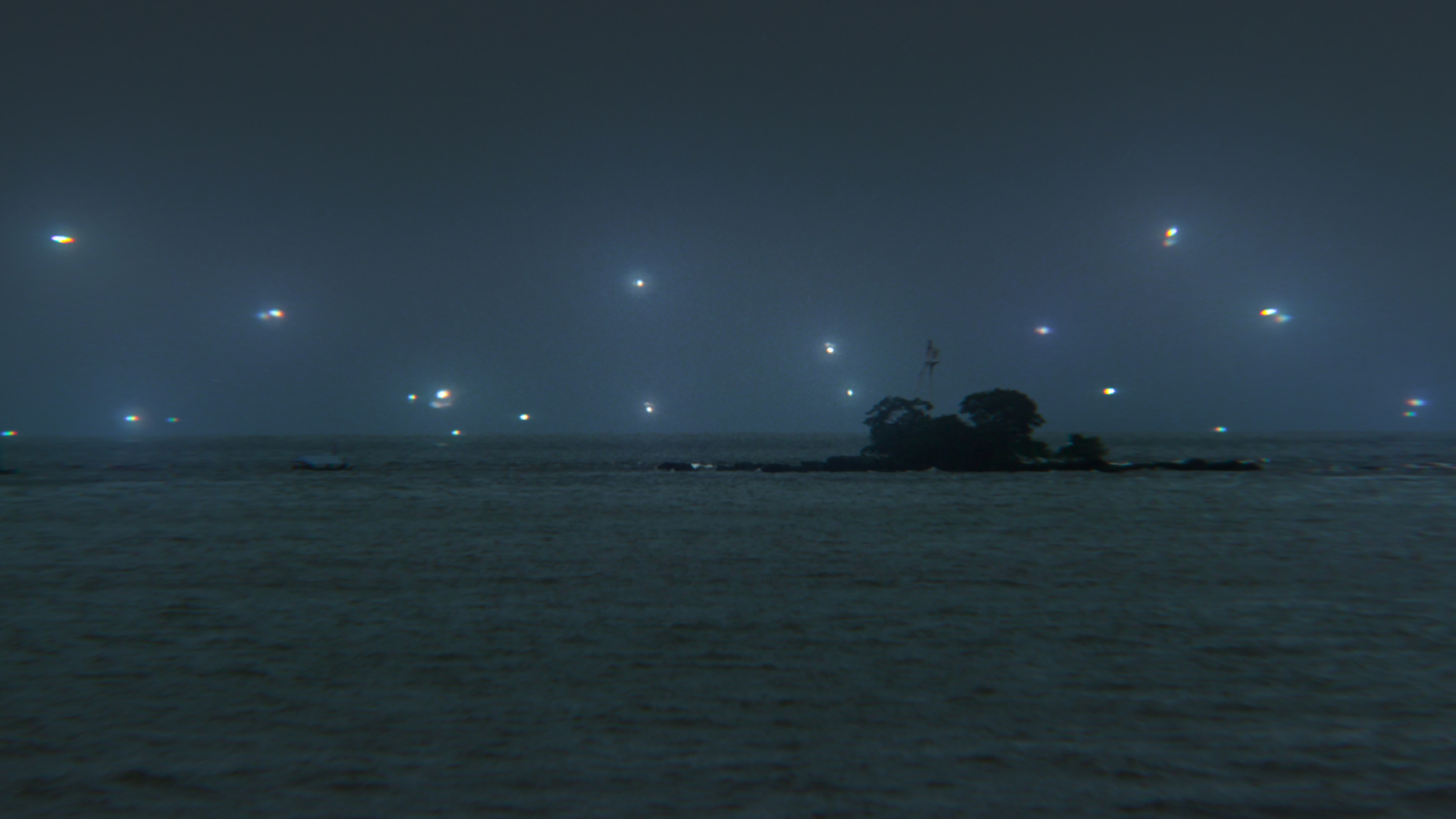
At the beginning of this article I mentioned that I planned to continue one of the three docuseries, and given that it wasn't the previous two, you can probably guess that it will be Investigation Alien. Released on Friday, November 8 and the impetus for this article, Investigation Alien has a much less focused scope but handles its topics in a more nuanced way.
Investigation Alien follows reputed reporter George Knapp as he investigates various leads regarding alien sightings and visitations. There doesn't seem to be a clear focus in the first episode, but the descriptions of subsequent ones make it look like each has a specific topic in mind.
What I liked about IA is that it's the only one of the three which doesn't require a feverish belief in the unexplained before you start watching. You can be a skeptic and you're treated with equal respect. In fact, Knapp brings around a former CIA called Doug who has no apparent views towards the unexplained either way, and simply says what he thinks — which more often than not is not "it must be an alien".
Lots of the first episode is spent with ranchers, men whose cattle were mutilated (a classic symptom of an alien visit). While utterances like "alien" or "UFO" are never far from people's lips, lots of the ranchers vehemently deny that aliens are involved, and their opinions are treated as totally valid.
In narration, Knapp is sometimes quick to presume that aliens are involved, and that's hard to avoid with a documentary like this. But I appreciated how restrained the doc was compared to its overzealous alternatives.
Another thing I liked about the doc is that it didn't fall into the common trap of relying on the classic alien stories. There are a handful of famous cases that are trotted out ad nauseam, like Roswell or several Air Force stories or the Phoenix Lights, but IA avoids them (except the latter, which is the subject of the fifth episode, but apparently Knapp has new information).
What's missing from IA is any distinct point or message, but I actually appreciated this restrained approach. Knapp doesn't really have enough evidence to make a case for anything, so he simply lays his cards on the table so you can see what's there.
Most people who watch Netflix documentaries probably do so with a healthy dose of skepticism — it's all too quick to ramp up the sensationalism and drama in its shows — but Investigation Alien felt refreshingly low-key in comparison. I hope the streamer learns from it!

Tom is the streaming and ecommerce writer at What to Watch, covering streaming services in the US and UK. His goal is to help you navigate the busy and confusing online video market, to help you find the TV, movies and sports that you're looking for without having to spend too much money.

